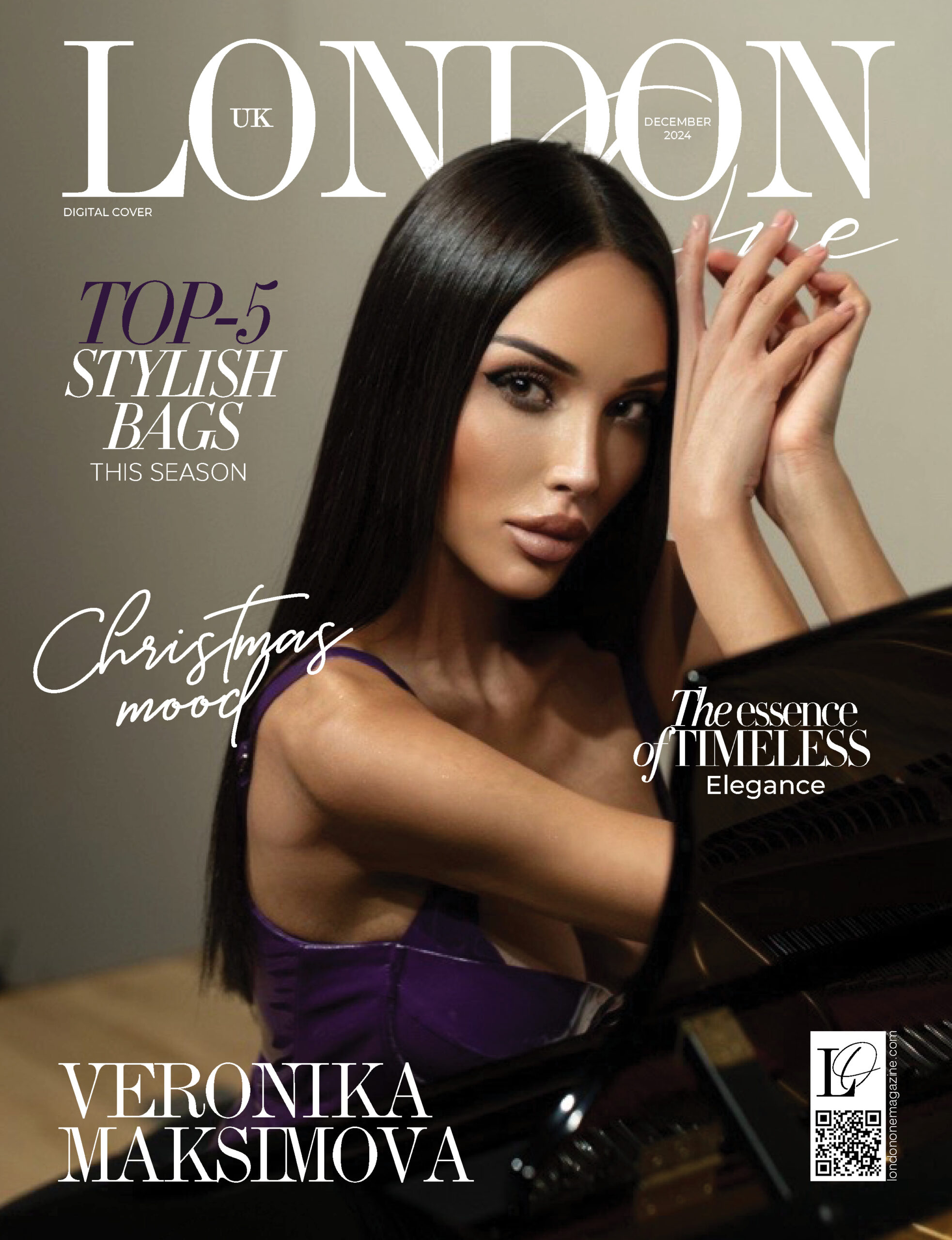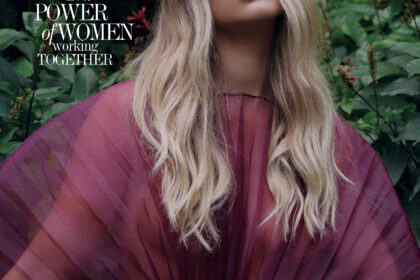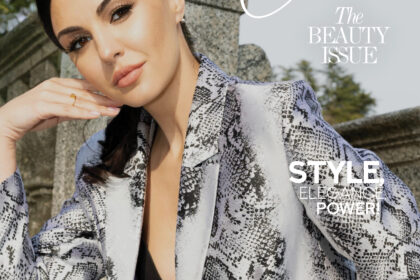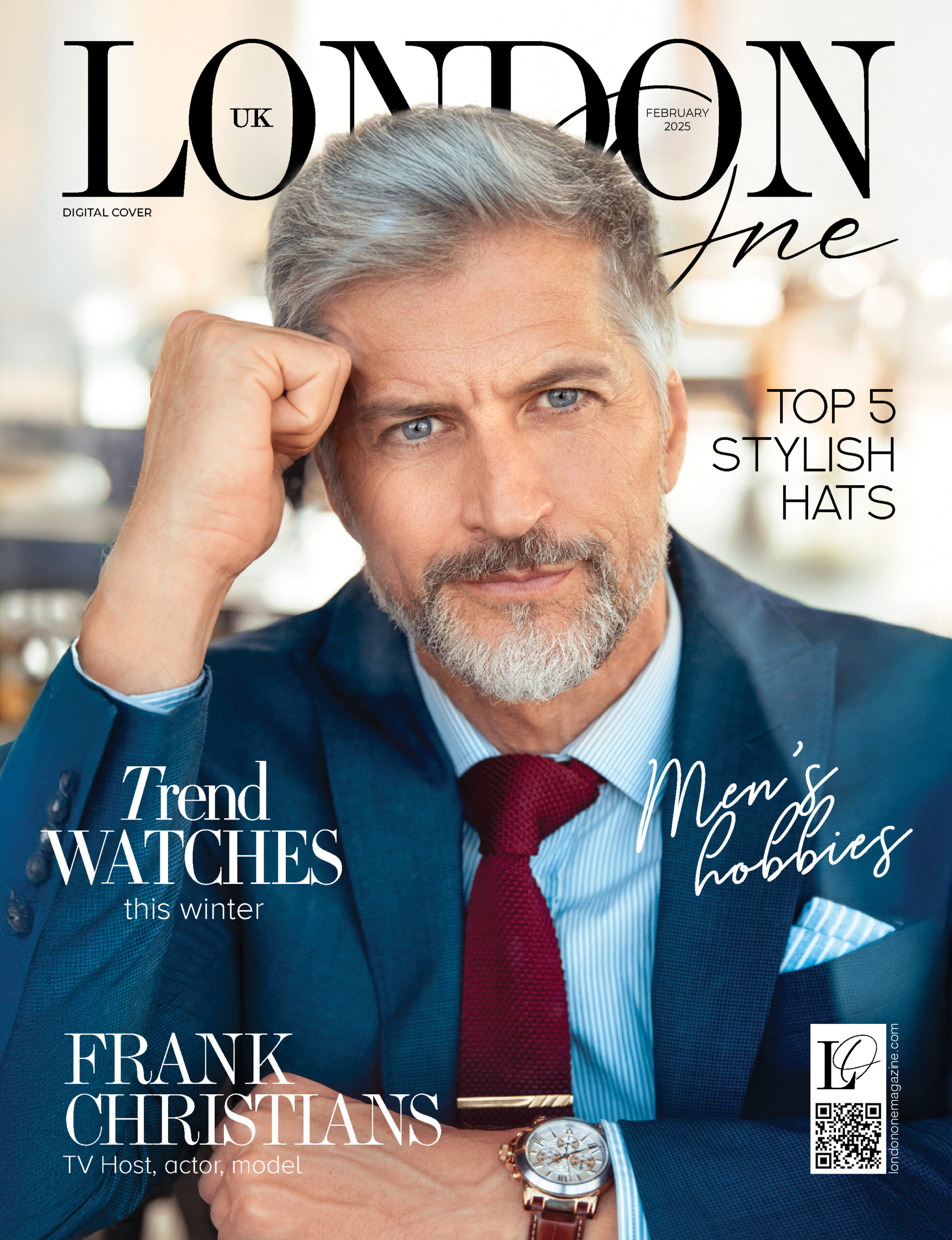From an unexpected spark of inspiration at the Four Seasons hotel to mastering Chopin’s études within a year, Veronika Maksimova shares her passion, challenges, and the unwavering dedication that led her to the conservatory. Her story is a testament to the power of perseverance and the transformative beauty of music

What inspired you to start learning the piano without any formal musical background?
The truth is, I was inspired to start playing music when I saw a massive black grand piano in my room at the Four Seasons hotel. It was so beautiful and impressive that the first thought that popped into my head was, “I wish I could play!” I’ve always loved classical music because my dad graduated from the conservatory, so I suppose it’s in my genes.

How did you manage to teach yourself the piano from scratch in such a short amount of time?
It’s all about consistent practice and dedication. I set myself a strict routine, focusing on technique and music every day. What really helped was discovering a personal approach to learning and experimenting with methods that worked best for me.
Could you describe your experience of learning solfège alongside your piano practice?
Solfège became an integral part of my learning process. It’s not just theory but a way to deepen my understanding of music and improve my ear. It was tough at first, but with each passing month, I could feel how it enhanced my interpretation and performance.
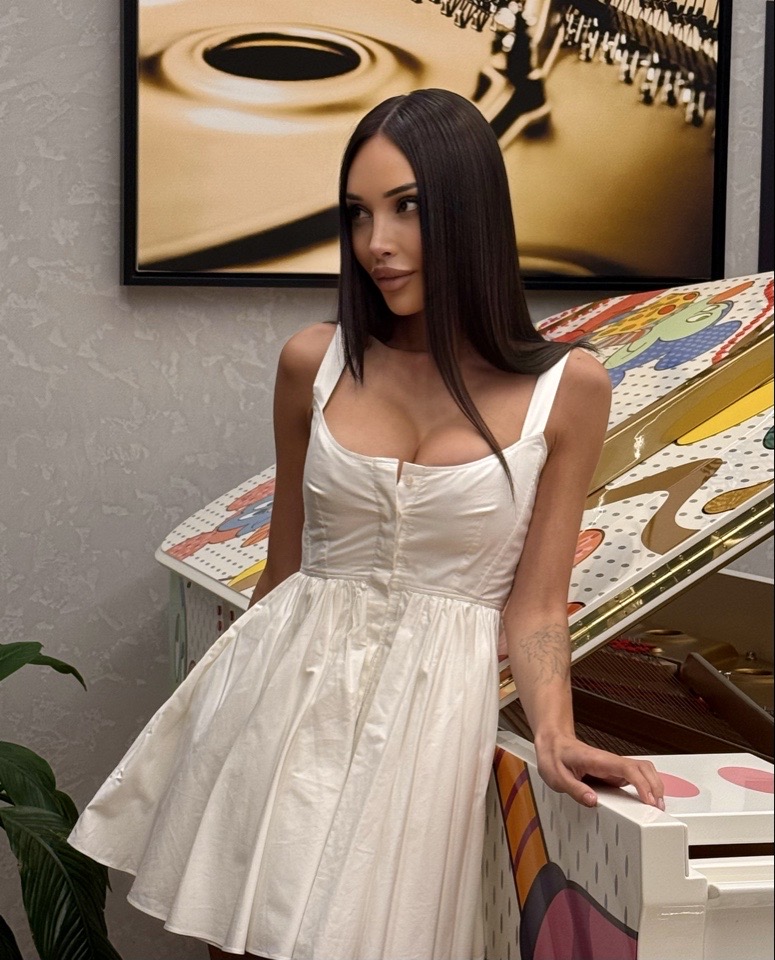
What challenges did you face while teaching yourself to read sheet music and play more complex pieces?
The hardest part is definitely having immense patience and persistence. In piano playing, it’s all about the hours you put in. I spend around three hours a day practising, although ideally, it would be more. I joke that to do that, I’d have to give up some of life’s pleasures!
What was the turning point when you decided to pursue music seriously and enter the conservatory?
The turning point came when a teacher from the conservatory took me under her wing. Here’s a funny story: she once asked me to buy a paperclip and press the pad of my finger onto it against a hard surface to get the right touch on the keys. I thought, “Press my finger onto a paperclip — that’s serious!” When I said I was ready to give it a go, she laughed for ages and said, “That’s why I’m working with you — you’re willing to go that far for music! You really want to play! But no need for paperclips, just press your finger onto a pen cap!”
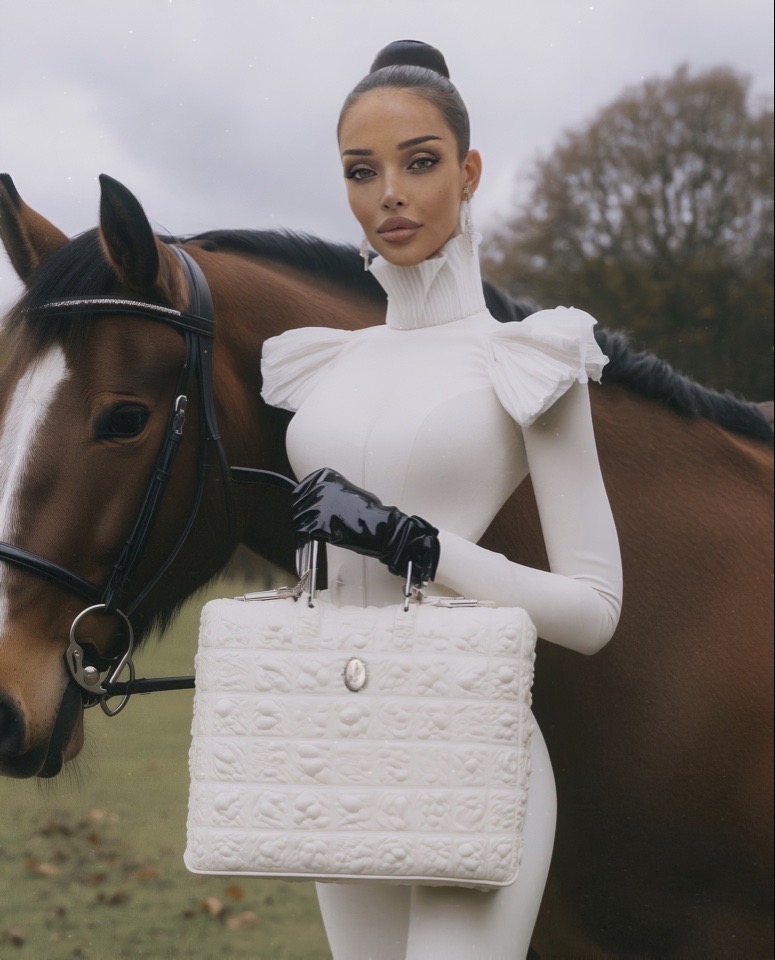
Florencia, you are a remarkable woman who clearly knows how to succeed. I understand you won your first beauty contest at just five years old! You often participate in international beauty competitions. In your experience, how does the perception of fashion vary across different countries?
Each country has its own distinctive style, shaped by its culture, climate, and sometimes even religion. However, I believe the cradle of fashion remains in cities like Paris, London, and Milan. These are the places where the latest trends and the world’s most prestigious fashion shows originate, setting the stage for what eventually spreads worldwide.
How did you feel when you were able to perform challenging études by Chopin after just one year of practice?
Honestly, I was proud of myself, though there was a moment when I almost gave up. I got so frustrated that I even broke my piano with a kitchen mallet! But those moments taught me patience and willpower. I absolutely adore Chopin, and right now, he’s the only composer whose pieces I want to master completely. His musical character really resonates with me.
What does music mean to you today, and how has it shaped your personal growth?
For me, music isn’t just art; it’s a philosophy of life. It teaches me patience, self-discipline, and the constant pursuit of perfection. Music has opened up new horizons for me.


